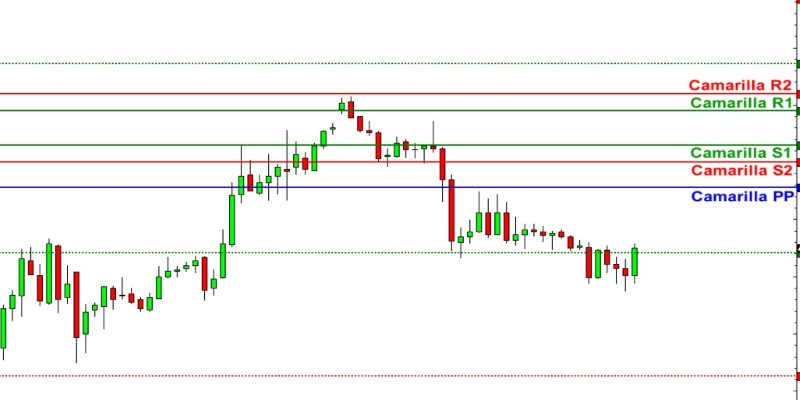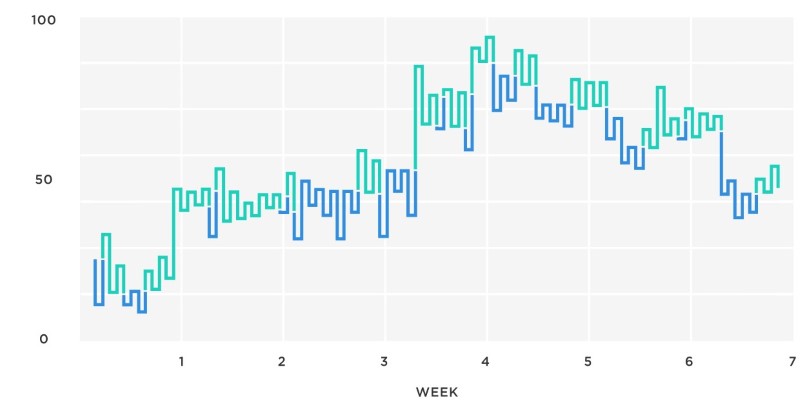The Rise of Working Seniors: Unveiling 5 Key Reasons Behind the Trend
May 21, 2024 By Susan Kelly
In recent years, there has been a noticeable shift in the workforce landscape: more seniors are choosing to extend their careers well into their golden years. This phenomenon marks a departure from traditional retirement patterns, where individuals would exit the workforce entirely at a certain age. Instead, many seniors are opting to continue working, whether part-time or full-time, for various reasons. In this article, we delve into five compelling factors driving this trend.
5 Reasons Far More Seniors Are Working Today

Lets discuss 5 reasons why far more seniors are working today.
Financial Security:
One of the primary reasons seniors are increasingly opting to work is the pursuit of financial security. With the rising cost of living, including healthcare expenses and inflation, many retirees find that their savings and pension plans may not be sufficient to sustain their desired lifestyle.
Working provides seniors with a reliable source of income, allowing them to supplement their retirement savings and cover essential expenses without dipping into their nest egg. Whether it's to pay off debts, support dependents, or simply enjoy a comfortable standard of living, the financial aspect plays a significant role in seniors' decision to remain in the workforce.
Healthcare Costs:
Another critical factor driving seniors to work longer is the escalating cost of healthcare. As individuals age, the need for medical care and prescription medications often increases, placing a significant financial burden on retirees. By staying employed, seniors can access employer-sponsored health insurance plans, which may offer more comprehensive coverage at lower premiums compared to private plans or Medicare.
Additionally, some employers provide wellness programs and health benefits that support seniors' overall well-being, including gym memberships, preventive screenings, and mental health resources. For many seniors, the prospect of affordable healthcare coverage serves as a compelling incentive to stay in the workforce.
Social Engagement:
Work not only provides financial stability but also fosters social engagement and a sense of purpose for seniors. Many retirees find fulfillment and camaraderie in the workplace, where they can interact with colleagues, contribute their expertise, and stay mentally stimulated.
The social aspect of work helps combat feelings of isolation and loneliness that some seniors may experience after retiring. Whether it's sharing stories over coffee breaks, collaborating on projects, or mentoring younger colleagues, the bonds formed in the workplace can enrich seniors' lives and provide a sense of belonging. For individuals who value social connections and meaningful interactions, continuing to work can be deeply rewarding.
Lifelong Learning:
Contrary to the stereotype of seniors being technologically inept or resistant to change, many older adults are embracing lifelong learning and skill development in the workplace. With advancements in technology and evolving job markets, staying relevant and adaptable is essential for professional growth and job retention. Seniors recognize the importance of continuously updating their skills and knowledge to remain competitive in today's workforce.
By staying employed, they have access to training programs, workshops, and professional development opportunities offered by their employers. Whether it's mastering new software, honing leadership skills, or exploring emerging industry trends, the pursuit of lifelong learning keeps seniors intellectually engaged and enhances their employability.
Sense of Fulfillment:
Ultimately, beyond financial considerations and social interactions, many seniors choose to work because it brings them a sense of fulfillment and purpose. Whether they're pursuing a passion, making a meaningful impact in their community, or simply staying active and productive, work can provide a sense of identity and satisfaction.
For some, retirement may not hold the same allure as it once did, and they prefer the structure and routine that working provides. By remaining in the workforce, seniors can continue to contribute their talents, skills, and experience to society, leaving a lasting legacy and feeling valued for their contributions.
Benefits of Working Until Age 70

Working until age 70 may not have been the conventional retirement plan for previous generations, but it's becoming an increasingly attractive option for many individuals today. There are several compelling benefits to extending one's career beyond the traditional retirement age, ranging from financial security to personal fulfillment. Let's explore these benefits in detail.
Financial Stability:
One of the most significant advantages of working until age 70 is the opportunity to bolster one's financial stability. With the rising cost of living, including healthcare expenses, housing costs, and inflation, retirees often find that their savings and pension plans may not be sufficient to maintain their desired standard of living throughout retirement. By continuing to work, individuals can supplement their retirement income, accumulate additional savings, and potentially delay tapping into their nest egg.
Maximized Social Security Benefits:
Another key benefit of working until age 70 is the potential to maximize Social Security benefits. While individuals can begin claiming Social Security as early as age 62, their monthly benefit amount increases for each year they delay claiming, up to age 70. By deferring Social Security benefits until later, retirees can significantly boost their monthly income in retirement. This can be particularly advantageous for individuals who expect to live longer or have longevity in their family history. Working longer allows individuals to delay claiming Social Security benefits, resulting in larger monthly payments and a more secure financial future.
Improved Health and Well-Being:
Contrary to the notion that working longer may negatively impact health, research suggests that staying employed can actually have positive effects on physical and mental well-being. Continuing to work provides structure and purpose, which can contribute to a sense of fulfillment and satisfaction in life. Additionally, remaining active in the workforce keeps individuals mentally stimulated, socially engaged, and physically active, all of which are crucial for healthy aging.
Conclusion
The growing trend of seniors working well into their retirement years is driven by a combination of factors, including financial security, healthcare costs, social engagement, lifelong learning, and personal fulfillment. As the demographics of the workforce evolve and life expectancies increase, it's clear that retirement no longer signifies the end of one's productive years. Instead, many seniors are embracing the opportunity to stay active, engaged, and fulfilled through continued employment.

How much does a married couple need to retire at 55?

Vanco Payment Solutions: A Comprehensive Review and Top Alternatives

S Corp vs C Corp: Simplified Guide to Choosing the Right Corporate Structure

PenFed Credit Union Personal Loans: Your Guide to Flexible Financing Options

How to Trade the On Neck Candlestick Pattern for Consistent Results

Mastering Camarilla Pivot Points: Strategies for Consistent Trading Success

Green Dot Credit Cards Demystified: 8 Key Points You Should Be Aware Of

Synchrony Home Credit Card: 8 Key Points That Could Influence Your Decision

JTWROS: Definition and Uses - Unraveling Joint Tenants Rights
